Search Results
Showing results 41 to 60 of 268
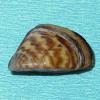
Mussel Your Way Through Photosynthesis
Source Institutions
Using zebra mussels (Dreissena polymorpha), elodea and an indicator dye, learners study the role of light in photosynthesis.
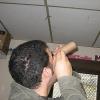
Spectroscope
Source Institutions
In this activity (posted on March 12, 2011), learners follow the steps to construct a spectroscope, a tool used to analyze light and color.
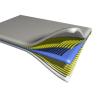
Stop the Stretching
Source Institutions
Learners work with plastic sheeting, masking tape, and string to design the perfect material for plastic chair webbing, and then construct their webbing.
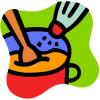
Silly Putty Investigation
Source Institutions
In this activity (located on page 7 of PDF), learners explore how Silly Putty was first invented and then attempt to make a batch of their own.
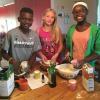
Homemade Bath Fizzies
Source Institutions
In this activity, learners make their own bath bomb fizzies and experience what happens when they mix a base and an acid.
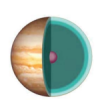
Jiggly Jupiter
Source Institutions
In this activity, learners build edible models of Jupiter and Earth to compare their sizes and illustrate the planets' internal layers.
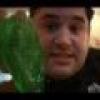
Guar Gum Slime
Source Institutions
In this activity, learners create a gelatinous slime using guar gum powder and borax. Educators can use this simple activity to introduce learners to colloids.
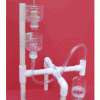
Toilet Model
Source Institutions
In this activity, PVC pipe, plastic water bottles and vinyl tubing are used to make a simple working toilet model. The model shows the role of a siphon in the flushing of a toilet.

Wind Power: Creating a Wind Generator
Source Institutions
This lesson challenges groups of learners to design and construct a wind generator with the most electrical output.
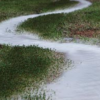
Stream Table
Source Institutions
In this activity, learners use aluminum trays and wooden blocks to form stream tables to investigate river formations in two different landscape scenarios.

Terrestrial Hi-Lo Hunt
Source Institutions
In this outdoor activity, learners search for the warmest and coolest, windiest and calmest, wettest and driest, and brightest and darkest spots in an area.
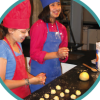
Cookie Surface Area
Source Institutions
This is an activity (on page 2 of the PDF under Surface Area Activity) about surface area to volume ratio.

Disappearing Colors
Source Institutions
In this challenge, learners figure out how to make a juice stain disappear.

Moisture Makers
Source Institutions
In this outdoor activity, learners compare the moisture released from different kinds of leaves and from different parts of the same leaf, by observing the color change of cobalt chloride paper.
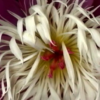
The Colors of Flowers
Source Institutions
In this activity, learners perform an experiment to find out what determines a flower's color.
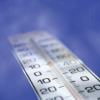
Weather Stations: Temperature and Pressure
Source Institutions
In this activity, learners discover the relationship between temperature and pressure in the lower atmospheres of Jupiter and Earth.
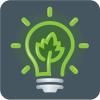
Making Connections: What You Can Do To Help Stop Global Climate Change
Source Institutions
In this cooperative learning activity, learners visit ten stations and are challenged to think critically about various conservation questions and issues.
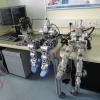
Exploring How Robots Move
Source Institutions
In this activity, learners explore how pneumatics and hydraulics could be used to produce movement in a robotic arm.
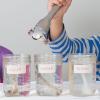
Stiff Bones, Bendy Bones
Source Institutions
Bones are stiff, which helps us lift heavy things and walk around, but they are also somewhat flexible, which lets them bend slightly.
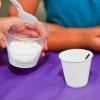
Exploring Materials: Hydrogel
Source Institutions
In this activity, learners discover how a super-absorbing material can be used to move a straw.
